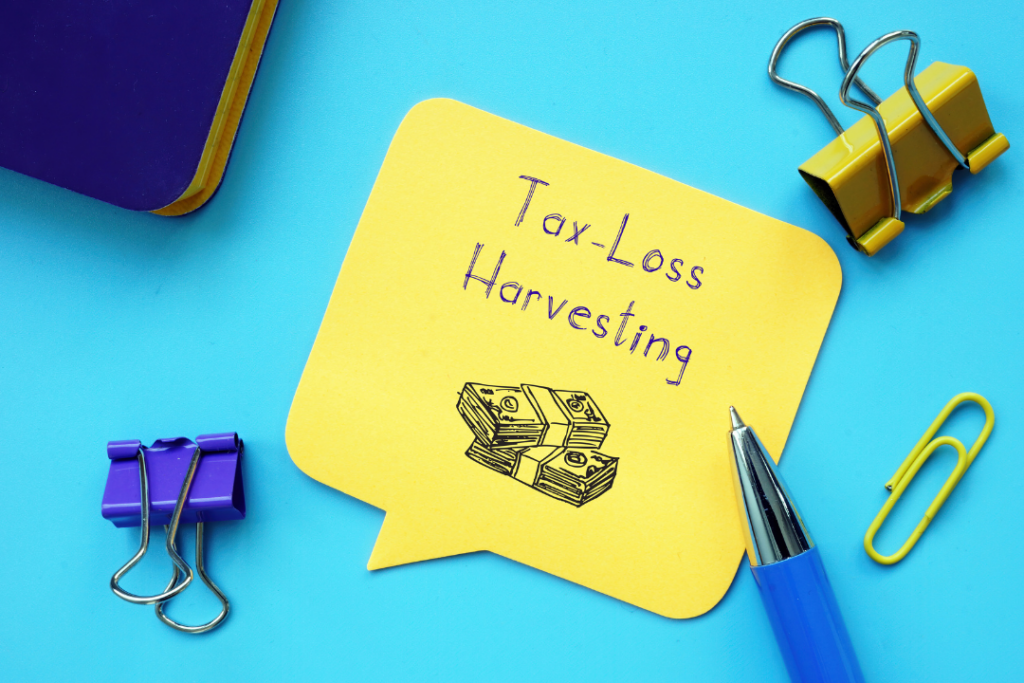5 Ways to Reduce Crypto Taxes in the UK
Buying and selling cryptocurrencies (including some other activities) attracts taxes in the United Kingdom. As a taxpayer, you would want to reduce your crypto taxes in the UK as much as possible.
But what are some ways to do that?
Well, that’s what we’ll address in this article. Even though you can’t avoid all your crypto taxes, at least not legally, there are some strategies you can use to cut down your taxes to the bone. But before that, let’s quickly go over how crypto is taxed in the UK in the first place.
How is Crypto Taxed in the UK?
Crypto taxes in the UK are pretty straightforward.
In a disposal event (when you sell, spend or swap your crypto), you pay capital gain tax rates on the profits you make, which range from 10-20%.
On the other hand, if you receive crypto as a form of payment or income, you pay income tax rates on the fair market value (at the time of acquisition) on the acquired crypto, which ranges from 0-45%.
This is how crypto is fundamentally taxed in the United Kingdom. Using this framework, you can anticipate the tax consequences of different crypto transactions. That said, there are some exceptions and nuances that we didn’t cover here but did in our in-depth guide on crypto taxes in the UK.
Gift Crypto

If you’re married and live in the UK, we have good news for you. Even though gifting crypto, in general, is a taxable event, gifting to your spouse or civil partner isn’t under the pretense that you’re living together.
Using this tax loophole, you can reduce your total taxable income/gain while keeping the crypto within the family. On the other hand, your spouse can do the same to you.
Some important details related to this to keep in mind is that your spouse will inevitably pay capital gain taxes when they sell the gifted crypto in the future. Plus, your spouse will inherit the original cost basis of the crypto that you paid to acquire the crypto.
But that goes for crypto that you hold yourself. No matter when you sell it, you’ll be subject to taxes. But the crypto gift tax loophole in the UK allows you to reduce your tax bill while still maintaining ownership (indirectly) of the crypto.
Take Advantage of Tax Allowance
The first and most obvious step towards reducing crypto taxes in the UK you can take is to utilize your tax-free allowances.
For capital gains, HMRC provides you a tax-free allowance of £12,300 under the Annual Exempt Amount. For crypto income, you receive a personal tax allowance of £12,570 (also includes income in fiat currency).
The allowances you received are already very generous, but you can take it one step further. You use tax-loss harvesting, which we’ll discuss next, to bring your taxable income below the tax-free threshold to pay no taxes at all. But, of course, that would only work if your total gain amount is not far from the allowance limit.
Tax-Loss Harvesting

Tax-loss harvesting is a popular tax-saving strategy that taxpayers have been using for decades.
But how does it work?
The idea is to sell the crypto assets that are sitting at a loss, to incur the losses and use them to offset gains, ultimately paying fewer taxes. Of course, this only works when the amount you save in taxes is more than the losses you incur.
That’s why you need to know how to properly execute the tax-loss harvesting strategy to come out of the other side profitable.
Also, manually spotting crypto assets in your portfolio that are sitting at a loss is a time-consuming and ineffective method to go about it. Instead, use Bitcoin.Tax, a crypto tool, that already has a tax-loss harvesting feature, which will automate the whole process for you.
Invest in EIS & SITR
EIS funds invest in early-stage startups and offer qualifying investors rewarding tax reliefs. SITR, on the other hand, are tax breaks you get from investing in social enterprises, which can be anything from a community interest company, community benefits society or a charity.
And what are the tax reliefs?
You can defer capital gain taxes if you invest your gains into an EIS or SITR within a year. Plus, you can claim up to 30% income tax relief. In an EIS, the returns you make are also tax-free.
This is one of the most underrated but risky ways to reduce your crypto taxes in the UK. Most taxpayers don’t do it because they don’t understand how it works. That being said, we suggest you hire a tax professional before investing in an EIS or SITR as a tax-saving strategy.
Crypto Donations

Crypto donations remain one of the best ways to reduce crypto taxes in the UK, or anywhere, for that matter. You can learn more about crypto donations and how they help save more taxes here, but this is the gist of it –
According to the HMRC, you can deduct the amount you donate to a registered charity from your taxable income. Note how we said registered charity because you can’t just utilize this tax benefit by donating to any organization.
The organization you donate to should be recognized and registered under HMRC to qualify for deductions.
Final Thoughts
These are some ways to reduce crypto taxes in the UK. Though most of them are pretty straightforward and risk-free, we still recommend consulting a tax expert to guide you better. And make sure you’re using Bitcoin.Tax to automatically calculate your gains and taxes.